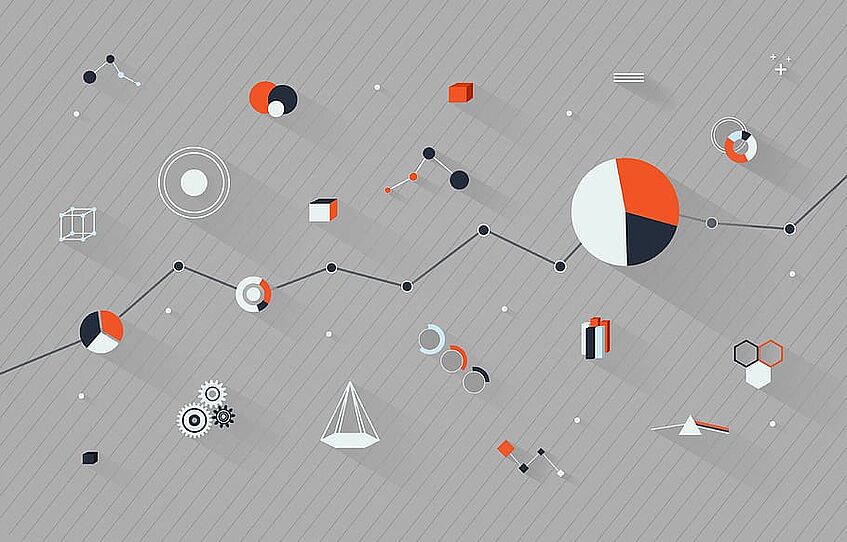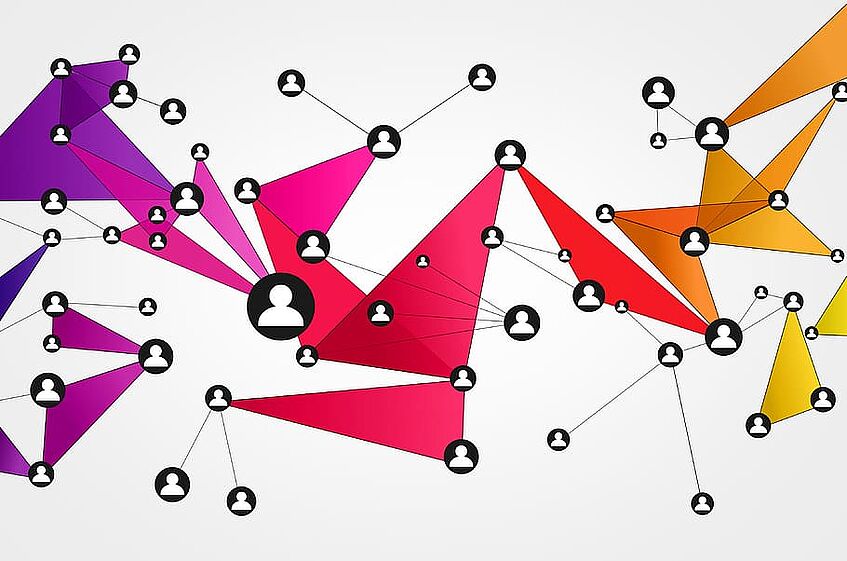About




About
Politics of Openness - Open Data Practices in the Computational Social Sciences
FWF Elise Richter Fellowship 2019-2025
Dr. Katja Mayer
Open access to research data promises far more than transparency and participation in the research process. The better usability of the data should increase the productivity of the scientific system. Science policy thus embraces the vision of innovation and the possibility of broader and more effective impact of scientific results. In science, however, opening research data is often met with concern. There is, for example, the fear of being scooped. Others see a threat for their scientific careers or want to avoid inappropriate or unethical use of scientific knowledge. Moreover, it is also extremely resource intensive to open and share data in high quality and integrity.
The research project aims to investigate how openness is envisioned, negotiated and enacted in data practices in the computational social sciences.
The focus allows me to explore openness in the context of rapid digitization and novel data forms, like social media, on the grounds of social scientific practice and daily research routines. What about the data streams we leave on the web every day? How do they feed into social research? What ethical principles do researchers follow? What data from public archives are available to the researchers, and how are they using it? How do they open their own research data for further use, or even for ones under study? To what extent can participative approaches enable openness in the research process? All these questions guide the investigation of the transformative potential of open research data in the computational social sciences. The objective is to analyse and further discuss how computational social scientists can engage reflexively with the realities they wish to create.
At the crossroads of science, technology and society, this habilitation project is oriented towards approaches from the fields of "critical data studies" and science and technology studies. Based on ethnographic case studies, interviews, group discussions and data workshops, I will reflect on the potential of open data practices to increase our capacities to act or react in the context of big data, algorithmic regimes and data-driven decision making. The aim of this approach is to generate the broadest possible understanding of open research data and the related practices in the computational social sciences. The results of the project will be disseminated to discourses and debate in open science policy making as well as in research ethics governance. Furthermore, they should contribute to foster the critical discussion and uptake of openness in the computational social sciences.
